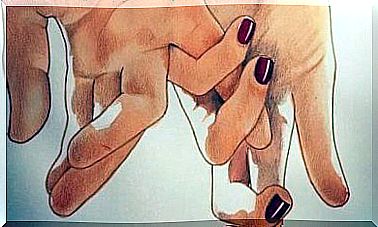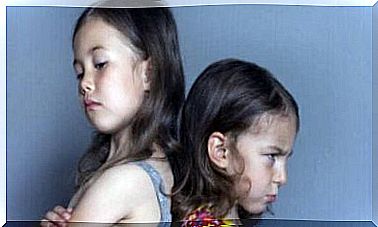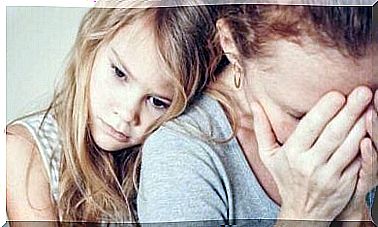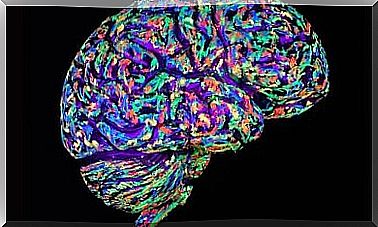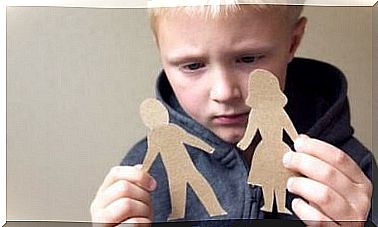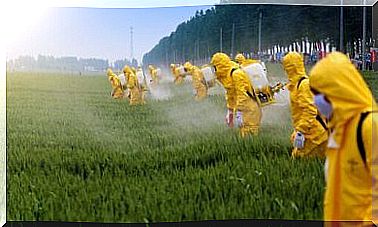Is It Possible To Be Rational After A Conflict?
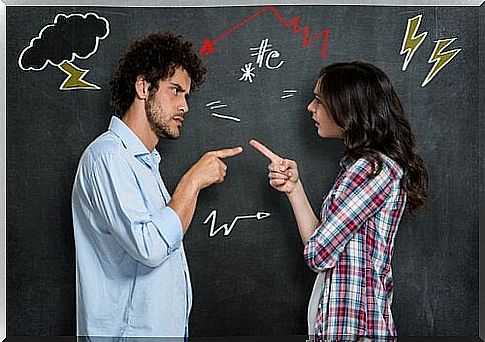
Is it possible to be rational after a conflict? After a conflict, it seems difficult to think rationally and cooperate with the other person, even if it is in your own best interests. It is even less common in a group setting. If your group has a conflict with another group, the group will trigger negative emotions in you, so your behavior will be negative. It happens even if your bad behavior also causes problems for you.
Yet it does not have to be this way. It is possible to be rational after a conflict, and some situations make it more likely. When decisions are made as a group, the back-and-forth process slows down and becomes more conscious. As a result, the group will make more rational decisions and may even decide to cooperate with the opposite group.
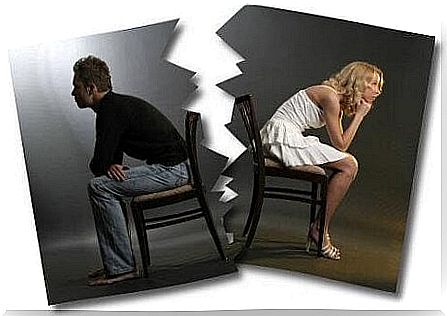
Conflict
Humans have had many conflicts throughout history, some of which have led to violence. The idea of a harmonious existence without conflicts seems more impossible with each passing day. In addition, it seems that violence between different groups of people has some advantages when it comes to reproduction. On the other hand, history teaches us that groups are not always at odds with each other. People can also build relationships based on trust and mutual cooperation.
Thus, we exist within a paradox of conflicting behaviors. You have cooperation on the one hand and aggression on the other. How do you know what will happen after a conflict? It all boils down to post-conflict management.
After a conflict , there may be emotional wounds that make it impossible to find a solution. Both parties find cooperation impossible, which deprives them of all the potential economic and social benefits.
Decision making
Psychological theories about decision making claim that there are two ways to make decisions:
- Make decisions after processing information in a rational, slow and conscious way.
- Make decisions automatically, based on past experiences and feelings.
In conflict situations, the “others” become an automatic trigger of negative emotions. This association is what causes people to make decisions automatically. You choose to rely on emotions and past experiences. However, this method has one drawback. After all, experience is not always your best partner when trying to evaluate the consequences of your decisions.
Nevertheless, if those involved in the conflict are discussing as a group, you are likely to make rational decisions. This is because individuals in the group are able to ignore their experiences and emotions and tend to make more rational decisions.

To be rational after a conflict
The conclusion that we can draw about being rational after a conflict is that the group has a civilizing effect on the individual. While it is true that groups can also be irrational and put pressure on their members during decision making, the group can also offer a context that promotes discussion. This room for discussion makes it possible to correct mistakes and make rational decisions.
We can apply this principle to current conflicts if we want to find a solution. Inviting interested parties to consider the various options will make it much more likely that they will choose cooperation. Rational thinking can help us move towards making society better.
